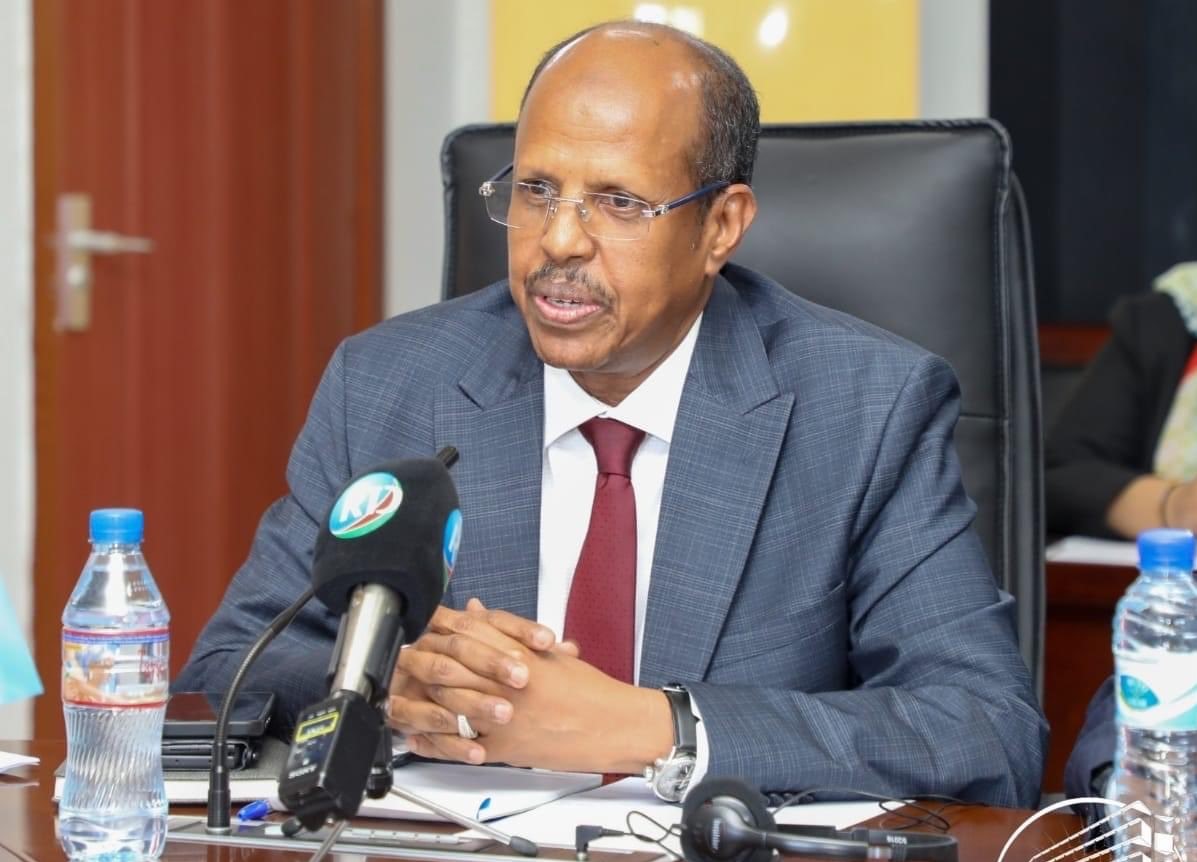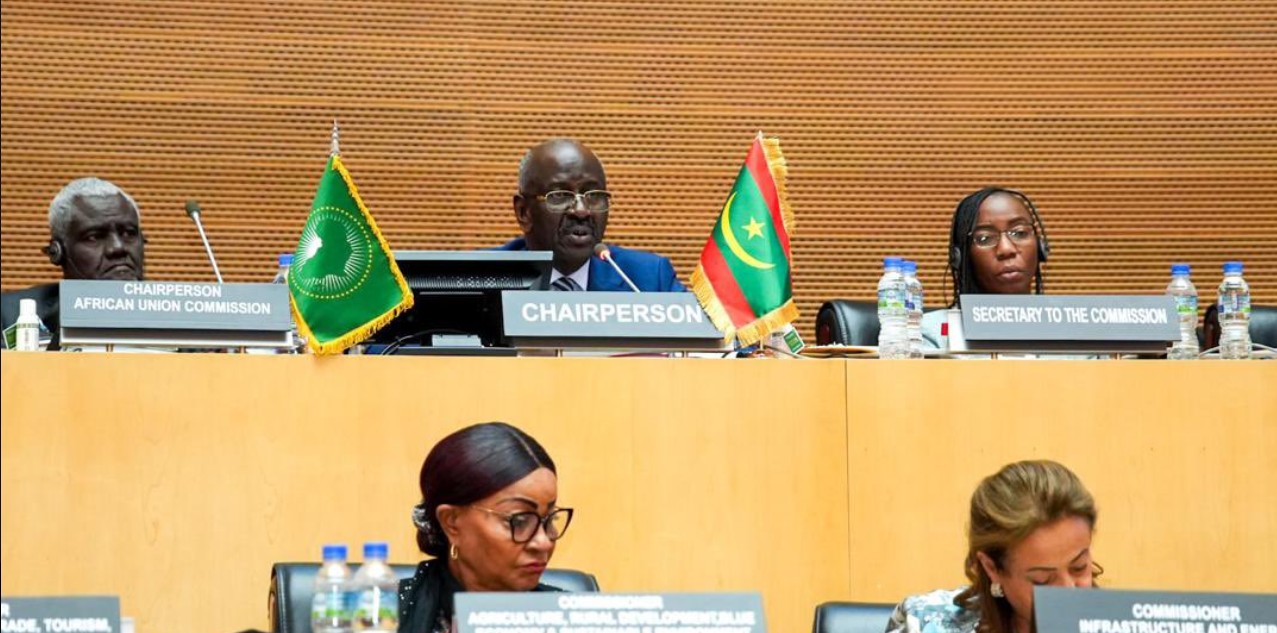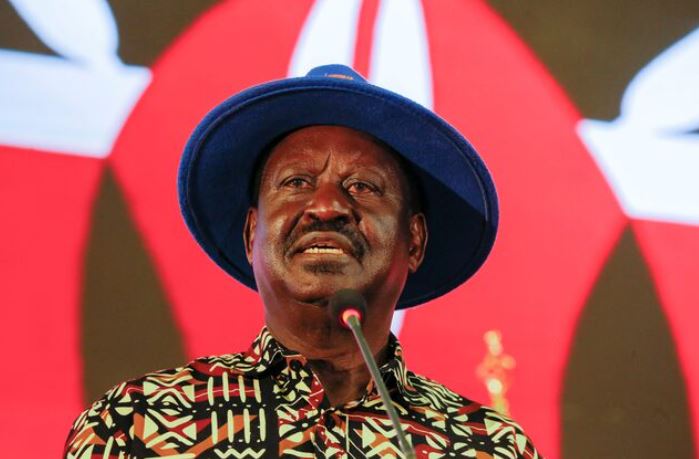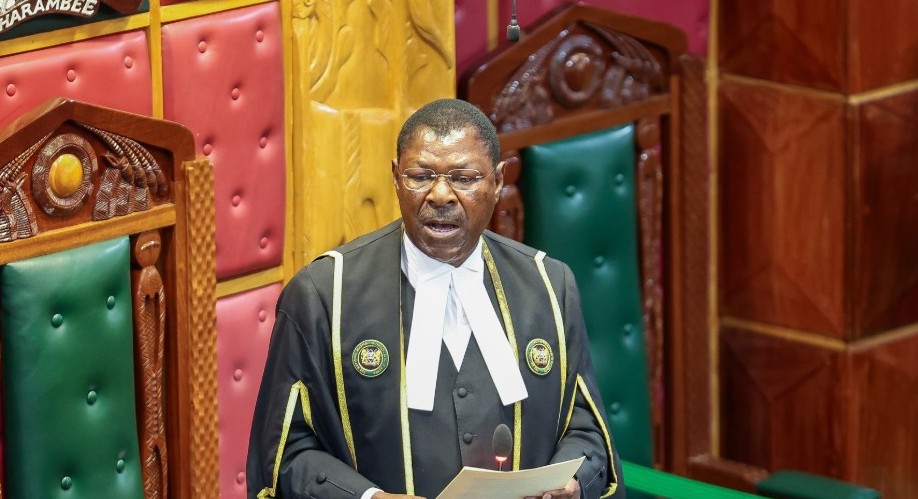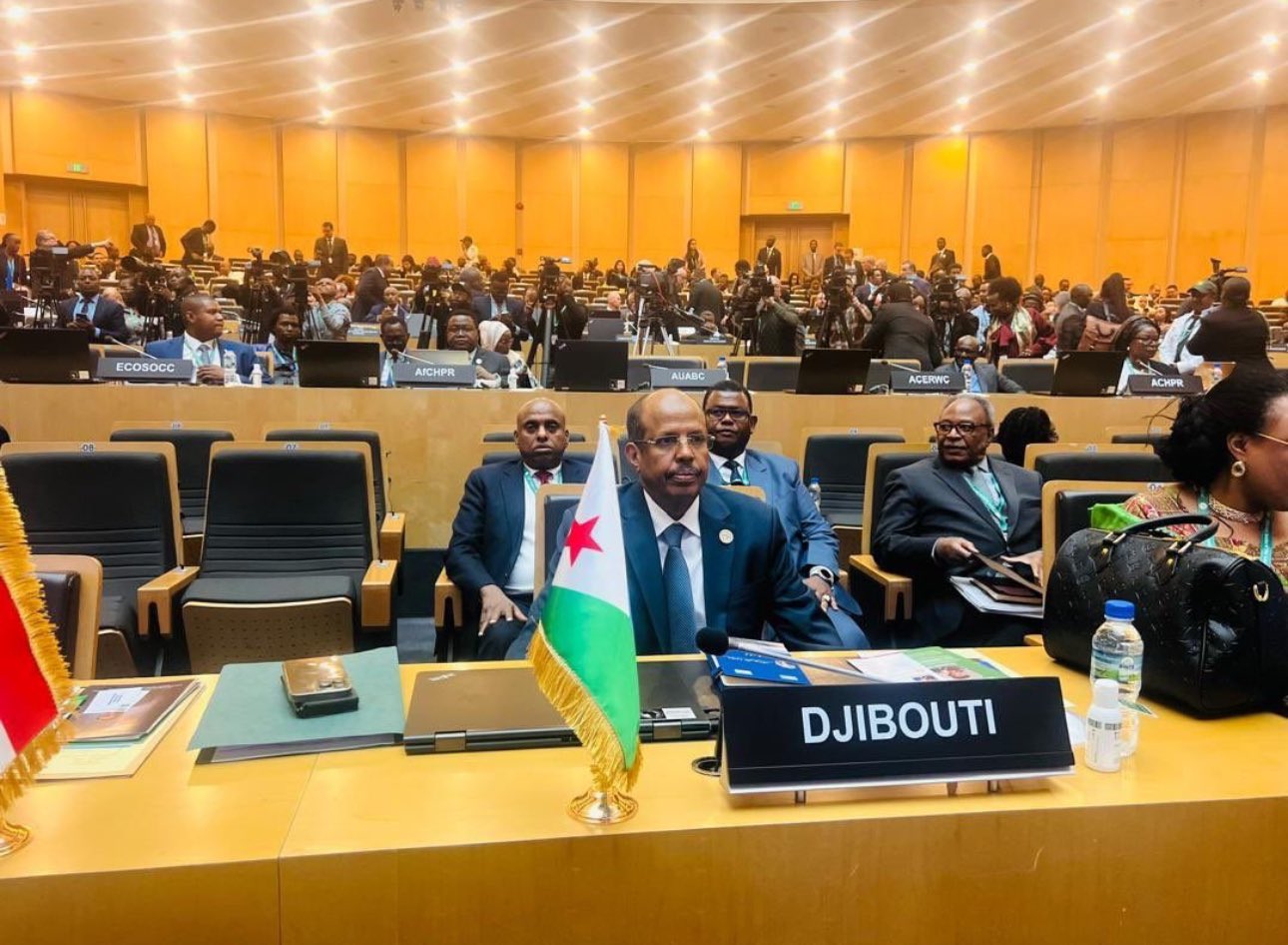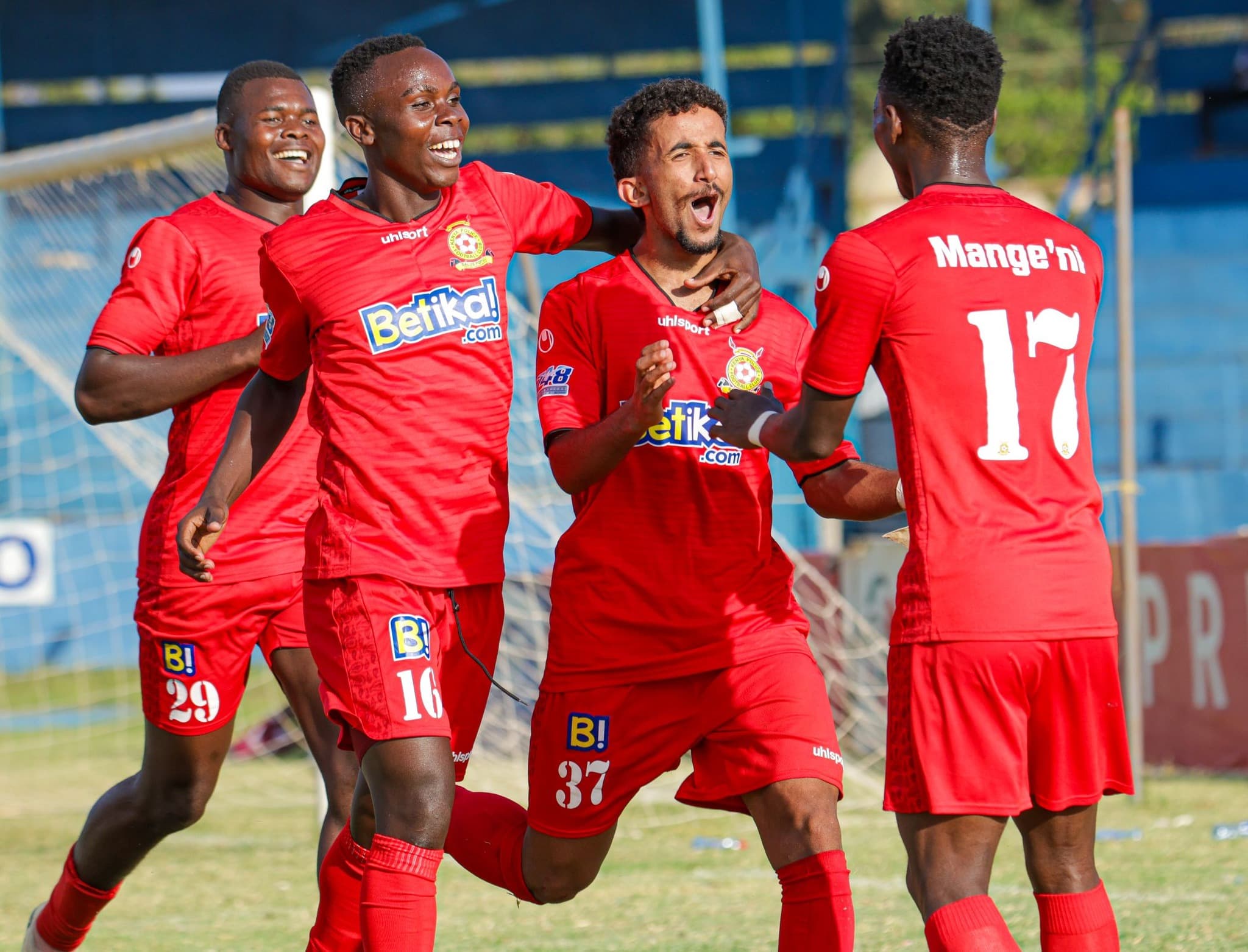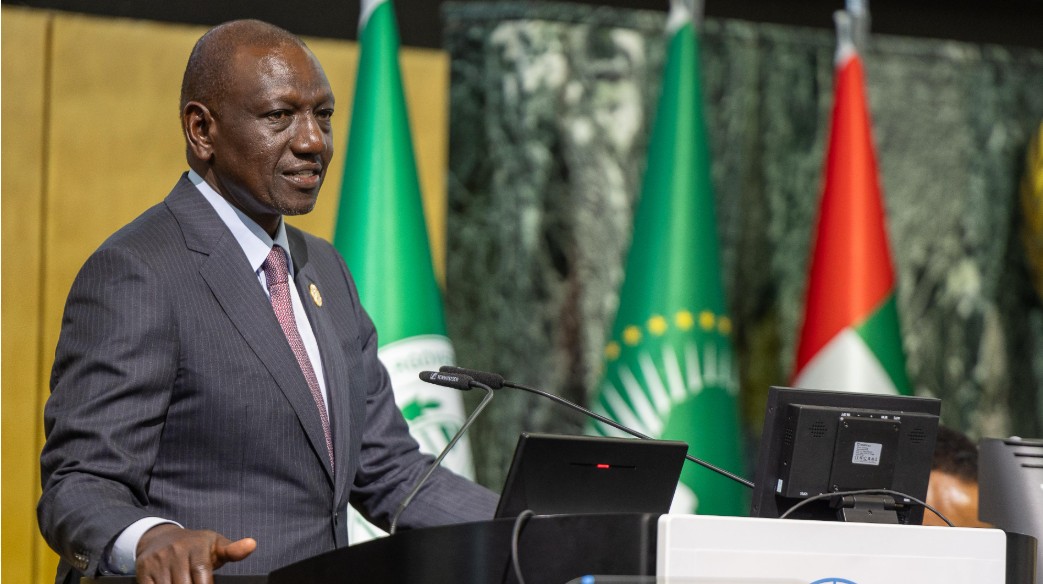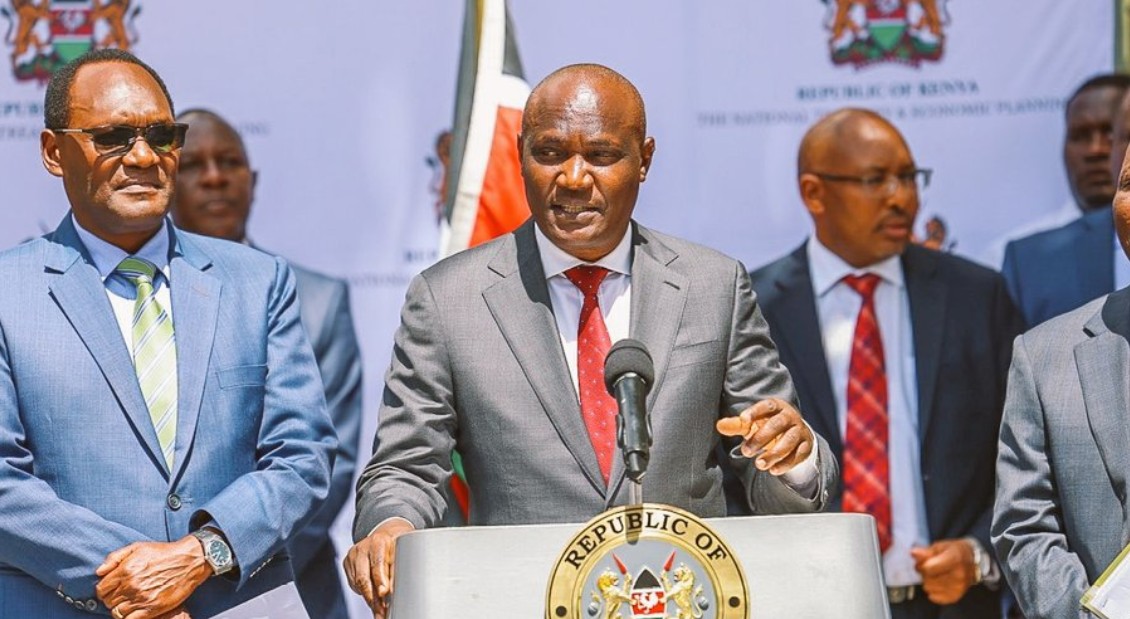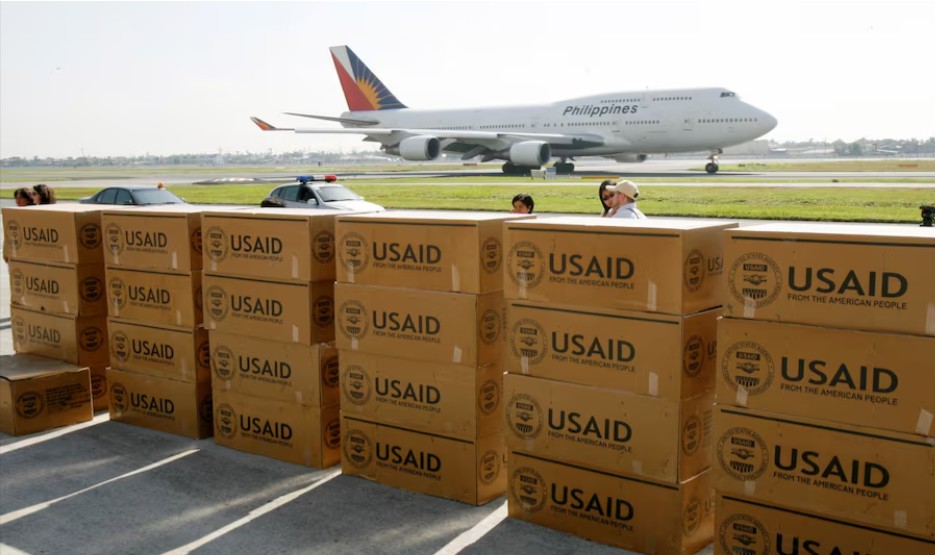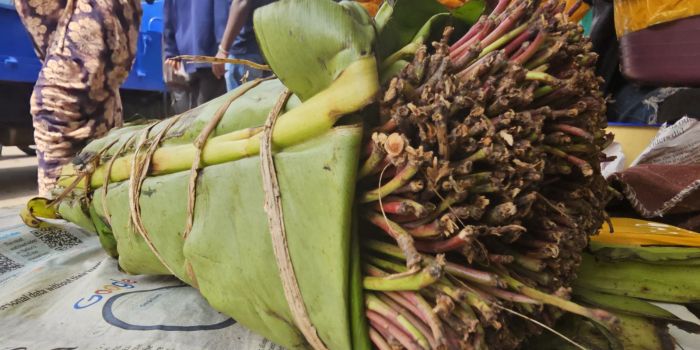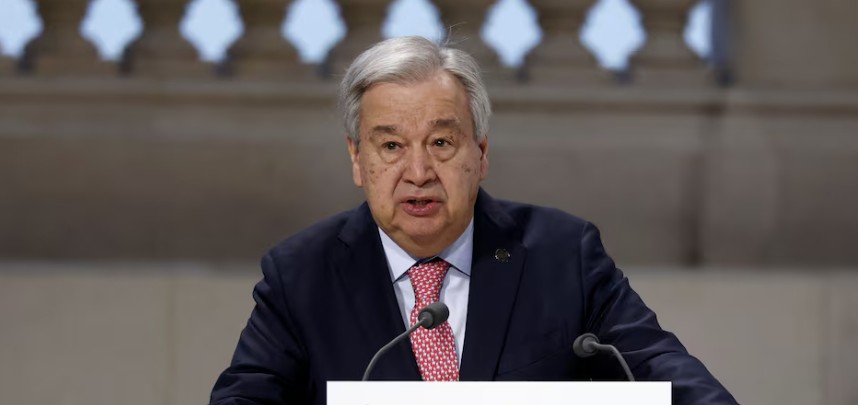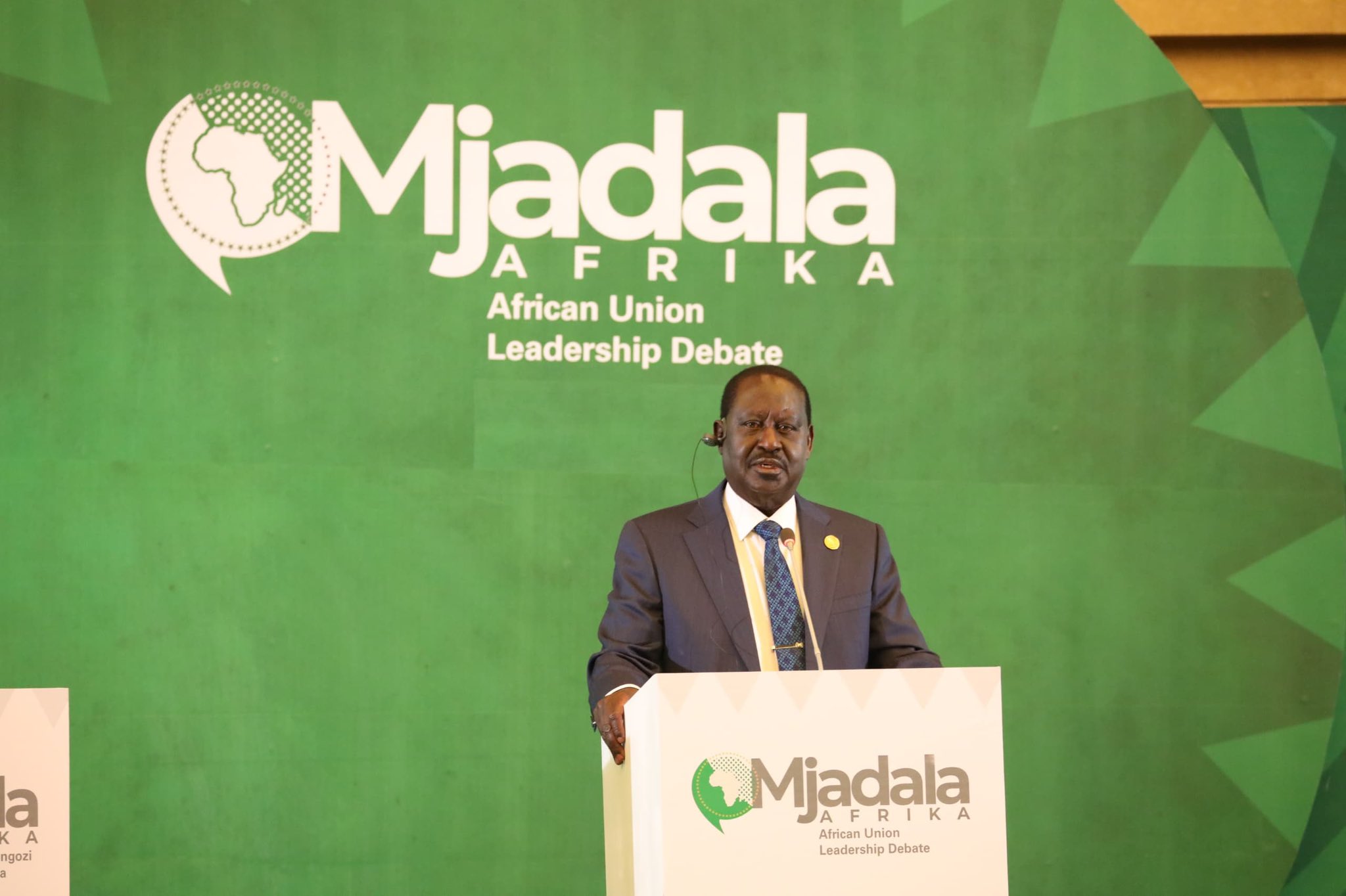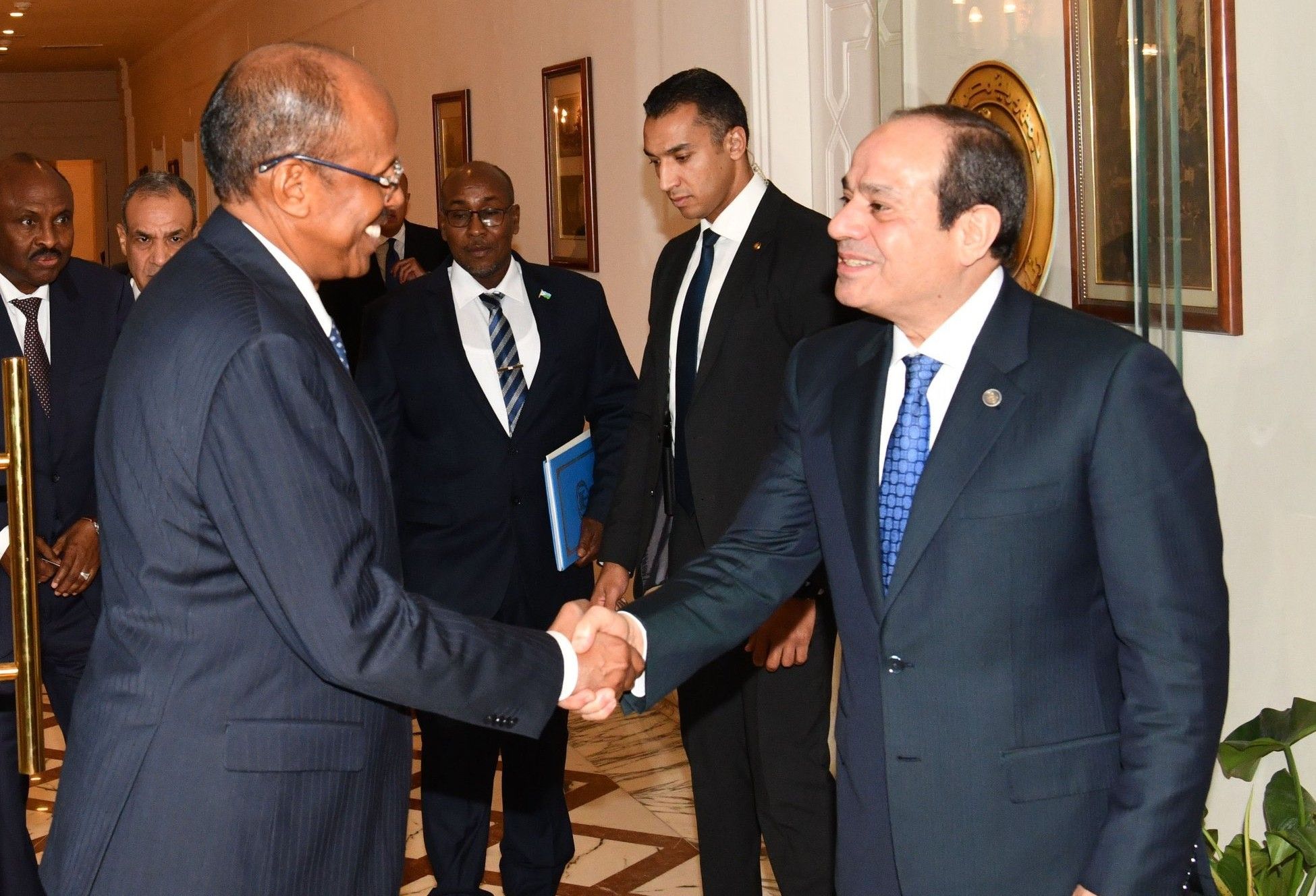Raila AUC bid: Drawing lessons from 2017 vote when Kenya’s Amina Mohamed lost to Faki Moussa
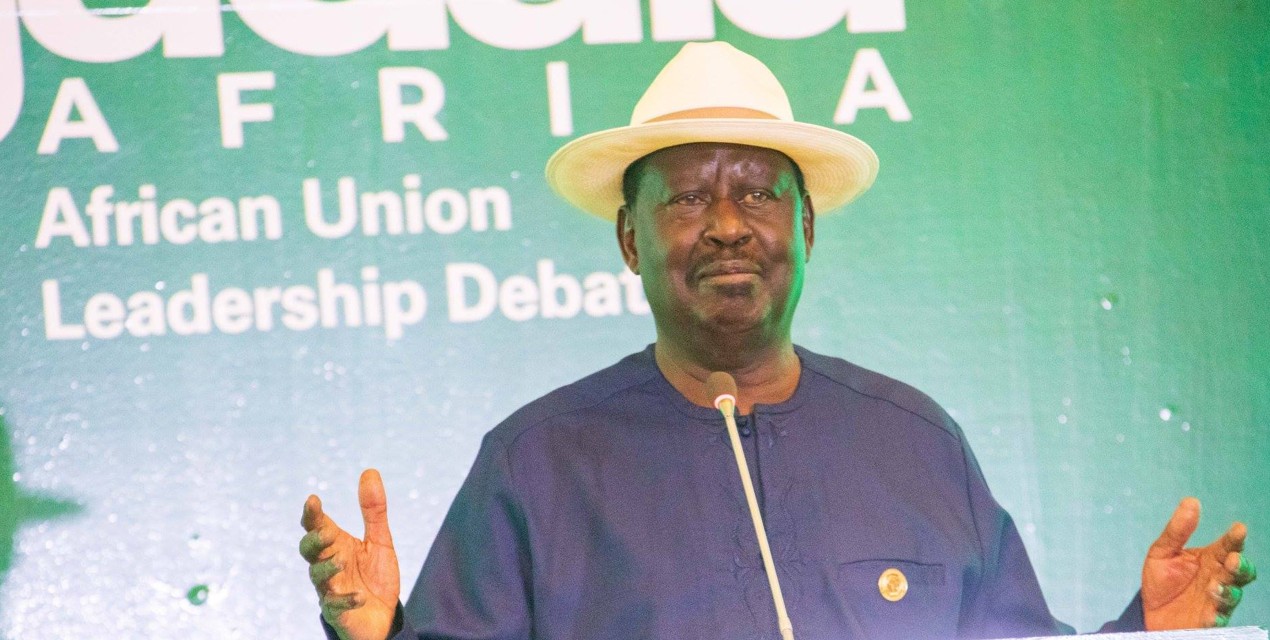
One of the most painful lessons was that public endorsements rarely translate into real votes in the secret ballot.
If there's one thing African Union politics teaches, it is that nothing is certain until the last vote is counted — and even then, one should expect surprises.
Kenya knows this too well. In July 2016, African leaders gathered in Kigali, Rwanda, to elect a new AUC chairperson.
More To Read
- Kenyan leaders express support for Raila Odinga ahead of AUC chairperson’s election
- I can join your Cabinet if you make education free at all levels, Babu Owino tells President Ruto
- Backroom diplomacy as Kenya engages in last-minute lobbying for Raila’s AUC top seat bid
- A Look At Candidates Vying to Chair the African Union
Three candidates — Botswana's Pelonomi Venson-Moitoi, Uganda's Specioza Wandira, and Equatorial Guinea's Agapito Mokuy — jostled for the position.
The result was a deadlock. None of the candidates secured the required two-thirds majority, and the election was postponed.
Kenya's 2017 campaign for Amina Mohamed suffered a similar fate. Despite heavy lobbying, Amina lost to Chad's Moussa Faki in a bruising race that exposed regional fractures and left Nairobi licking its wounds.
One of the most painful lessons was that public endorsements rarely translate into real votes in the secret ballot.
Kenya learned that the hard way when neighbours like Tanzania, Uganda, and even Burundi allegedly failed to back Amina when it mattered most.
Ruto's diplomatic gambit
Fast-forward to 2025, Ruto is betting big on Raila Odinga to win the AUC vote for the chairperson’s position. But will Kenya's diplomatic machinery, still recovering from the 2017 debacle, deliver this time? The stakes are high.
This race has seen increased personalisation and regional manoeuvring, with countries like Madagascar and Djibouti fiercely lobbying to outmanoeuvre Kenya.
Madagascar has rallied the Southern African Development Community (SADC) behind its candidate, while Djibouti is counting on traditional Francophone support and a well-connected network in the Horn of Africa.
Odinga's challenge now is to navigate these swirling currents while convincing leaders from across Africa that Kenya, a regional heavyweight, won't use the chairperson's office as a platform for national interests.
The regional divide
The Eastern African region — where Kenya is technically grouped — has always been notoriously divisive.
Unlike SADC, which often votes as a bloc, Eastern Africa rarely agrees on anything. Uganda, Burundi, and Tanzania have a history of breaking ranks, and while all these countries have publicly endorsed Odinga, their allegiance at the ballot box remains a question mark.
Moreover, Tanzania's preference for SADC over EAC politics is well-documented.
When the EAC deployed a regional force to eastern Congo, Tanzania refused to send combat troops, opting instead to deploy under SADC's SAMIDRC.
These are not just regional quirks — they are indicators of deeper political alliances that could shape Saturday's outcome.
Raila's fight for survival
For Raila Odinga, this race is not just a political contest; it is a fight for relevance on the continental stage.
His victory would cement his legacy as a statesman, giving him a powerful platform beyond Kenya.
But failure could send him back to Nairobi at a time when his political base is restive and President Ruto is consolidating power.
The weekend promises to be dramatic.
Odinga's most intense diplomatic battle is underway, and for Kenya, it is a make-or-break moment on the African stage.
Top Stories Today
